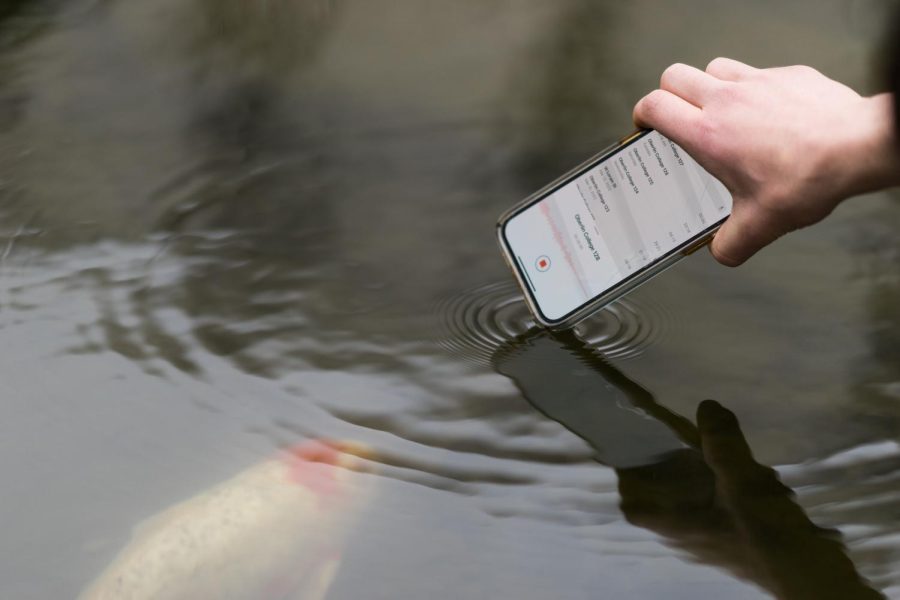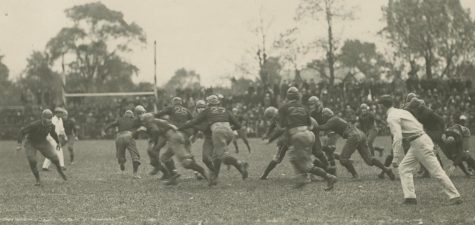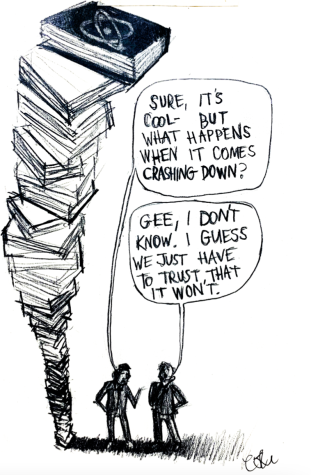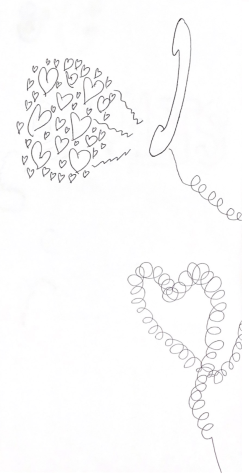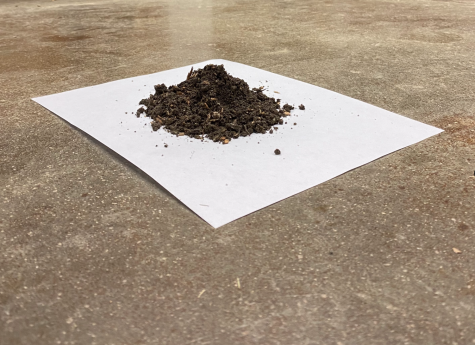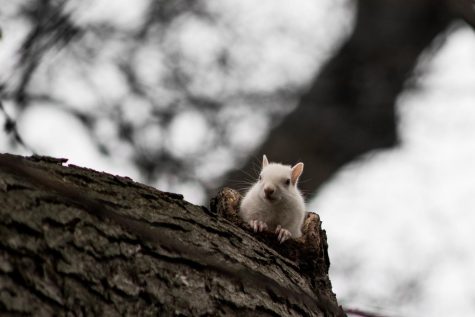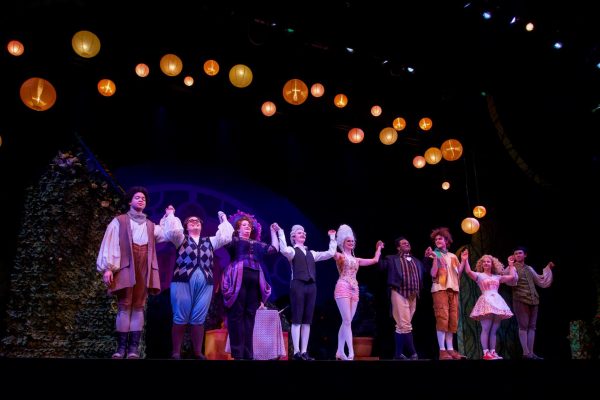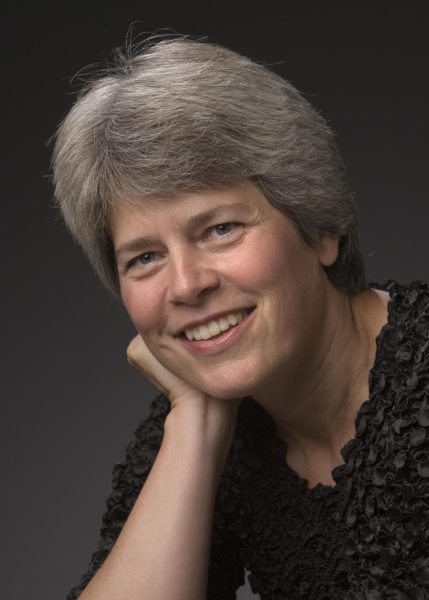Talking with the Conservatory Koi about Radical Acceptance
Walter interviews Koi (not photoshopped)
Could you talk a little bit about your first memories?
You know it’s funny, in my spare time, I’ve been reading Brave New World by Aldous Huxley, and my first weeks on Earth were similar to the experience of human embryos in that book. You know how those embryos went on this conveyor belt to be scientifically engineered to fit in the different castes of society in this thing called the Central Hatchery and Conditionary Center? Yeah, we had a similar experience, except ours was much worse and much more graphic.
Just like the babies in that hatchery, we didn’t have names — heck, we didn’t even have numbers — we were just a bunch of eggs clumped together. I couldn’t even see my mother or my father. I had no one to turn to, no one who could contextualize what I was going through. Yet there I was, at the bottom of this huge vat, shoved up against all these other koi.
But after I hatched from my egg, that is really where the horror began — it was complete chaos in the tank I was in. Hundreds, if not thousands of my peers were swimming around me, and with all those fish, there was a lot of feces — the smell was unbearable. Some of my friends also died, and I watched them rot at the bottom of the tank. It was grotesque.
Then to my horror, my peers in the tank began to suddenly disappear, especially the ones who didn’t have any distinctive markings. Their wriggling bodies would get plucked out of the tank, and I never saw them again. I was one of the fortunate few who survived — my colorful markings meant I would live out my life in some pond: candy for the eyes of some ignorant passerby.
Damn, that must have been traumatic. Was it a bit of a relief to feel that you finally found some safety in this pond?
I mean, yes, but also no. I still live with those early memories seared into my psyche, but I don’t think about them often. I have worked to radically accept what it means to be a Koi fish.
Radical acceptance? That’s a term I remember learning about not too long ago, but I don’t remember exactly what it means.
I feel like it’s one of these ideas that I could explain to you, but it wouldn’t really make sense unless I gave you an example. Imagine that we suddenly switched bodies; I became a semi-anxious college student striving to have some kind of “meaningful” and “exciting” life, and you became some nameless Koi fish swimming in an oft-frigid pond all day and night. Your initial reaction would be to fight the feelings of discomfort and inadequacy you felt. You would probably be like, “Fuck, my peers are out there getting degrees, and I’m stuck in a goddamn koi pond.” You would be in denial for a while, hoping that by some miracle, we could swap places again.
That denial is crucial because you would be encountering both the daily discomforts of life and the existential feeling of failure because you would remember the other creatures on this planet who live with less pain.
But after a while, if you had a chance to listen to some friends you had made, they would tell you that radical acceptance is a way to combat the suffering you feel. You would begin to lean into the discomfort you felt and experience it for what it is, and acknowledge that you will forever remain a Koi.
You’re scaring me a bit. You don’t actually have the power to turn me into a koi.
Well actually, you might enjoy being a Koi fish. You get to mate a lot. For us as Koi, mating is really the pinnacle of our existence. It feels super good, and it makes so much more of us. A lot of our babies don’t end up making it, but the ones that do, well, it feels good to know that there will be more of us.
Speaking of mating, have any dating advice?
Well, you see how you are talking to me in this pond, with you being on land. Yeah, you outside of the pond and me in the pond. Yeah that’s a good summary for how to go about dating. There isn’t any gray area — you’re either in or you’re out. If you try to live in the gray area then you open yourself up to heartbreak because in relationship with eligible peers, whether it be personal or professional, in the back of your mind you will be thinking, “wait, could this be romantic, does this person like me.” I have found that it is quite exhausting, and it prevents you from experiencing people as full human beings.
I would propose that if you did decide to date, you make a concerted effort to create environments where that kind of mingling can occur, once you’ve established that environment, be ready to shoot your shot. And yes, rejection will most likely occur. But the thing is, that’s ok, because you know yourself well enough to know that the rejection is not a statement of value.
Any last thoughts?
I want to finish with a statement on stereotyping. As Koi fish, we have faced a long history of objectification and fetishization because people view us as simply ornamental decorations. I want you to remember that for any living creature, regardless of its perceived complexity, is more than simply a decoration.


